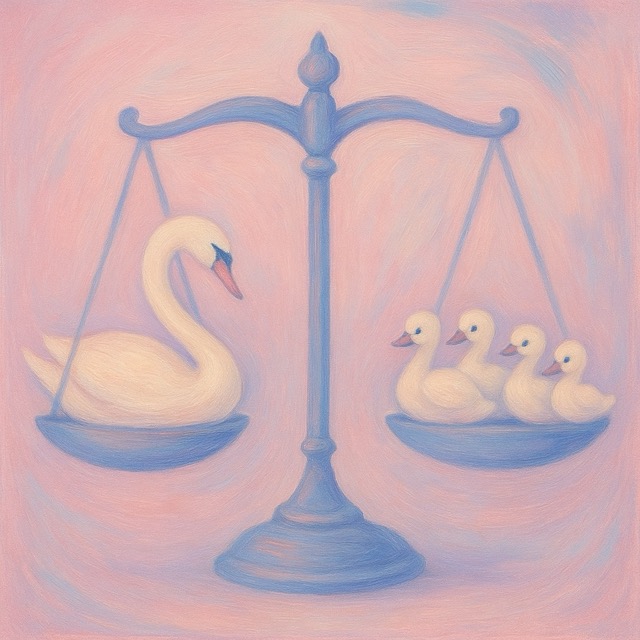Beyond Wine O’Clock: Navigating Motherhood Without Alcohol

As a mother, the demands of caring for our families and managing households can make us feel like we’re drowning in responsibilities. In response to this intense pressure, alcohol has become a go-to stress reliever for many moms, often glamorized as the “wine mom” lifestyle. Yet, beneath this trendy facade lies a troubling reality. More and more mothers are leaning heavily on alcohol, becoming high-functioning alcoholics as a way to numb their stress and cope with the mental and emotional overload of parenting. Breaking free from the grip of alcohol requires a supportive, understanding community and practical strategies that empower mothers to rediscover healthier ways to relax, decompress, and thrive.

Understanding the Wine Mom Phenomenon
Social media has cleverly spun the struggles of motherhood into lighthearted “wine o’clock” jokes and memes, cementing alcohol as a cultural norm for stressed-out moms. While these posts may appear harmless and even relatable, the reality behind them is more troubling. Many women find themselves drinking more than intended, initially turning to wine, beer, or cocktails as a way to decompress after a long day. These nightly drinks quickly become crutches, providing an illusion of relief from daily exhaustion and overstimulation.
However, this ritual often leads to increased dependence, making it challenging for mothers to quit drinking even when they recognize the negative impacts on their health, relationships, and overall well-being. Alcohol may feel like an easy escape at first, but it gradually weaves itself into the daily fabric of life, turning a lighthearted trend into a serious struggle. As social drinking becomes more embedded in mom culture, the pressure to keep up can make quitting all the more daunting.
Wanting to Quit But Struggling
Mothers who want to stop drinking often face a web of challenges that complicate the journey toward sobriety. The intense labor of parenting, combined with demanding careers or other responsibilities, leaves little room for self-care or personal reflection. The emotional toll of trying to balance everyone’s needs can push mothers to the edge, where reaching for a glass of wine or cocktail seems like a quick and easy escape. This nightly ritual can start innocently but often grows into dependence, as drinking becomes synonymous with “me-time.”
Adding to the complexity is the societal normalization of drinking, particularly among moms. Social media, advertisements, and everyday conversations often promote alcohol as the universal antidote to stress, loneliness, or exhaustion. For mothers trying to quit, this normalization creates a hostile environment that can make abstinence feel isolating and even stigmatizing. When wine is the centerpiece of book clubs, playdates, or girls’ nights out, saying no can lead to social alienation or uncomfortable questions. The pressure to conform, even subtly, can keep mothers drinking when they’d rather not.

The internal struggle is equally challenging. Guilt and shame are powerful emotional barriers that discourage women from seeking help. They may feel ashamed of their drinking habits, believing that they should have better control over their consumption. Guilt often follows when alcohol use affects their ability to be fully present for their children. These emotions can spiral into self-criticism, further trapping women in a cycle that’s difficult to break.
Without a supportive network or understanding friends, the fear of being judged or misunderstood often prevents mothers from reaching out. They might avoid traditional support groups because of the stigma attached to identifying as someone with a drinking problem. For high-functioning alcoholics, this stigma is magnified, as their lives appear “together” on the surface. They may worry about how admitting to a drinking problem could impact their careers, relationships, or reputations.
Breaking free from this cycle requires patience, compassion, and access to the right resources. Creating supportive spaces where mothers can express their struggles openly, without judgment or dismissal, is crucial. Here, mothers can understand they aren’t alone and are worthy of care, acceptance, and healing. Recognizing that their challenges are valid, irrespective of the severity of their drinking habits, is the first step toward a sustainable, sober lifestyle.
Support for Mothers Seeking Sobriety
If you’re a mom who’s ready to give up drinking but feels uncertain about where to start, consider these practical steps to guide your journey toward a healthier, more balanced lifestyle:
👥 Reach Out for Support: It’s vital to find a supportive community that understands the unique challenges of motherhood and sobriety. Seek help through therapy, local support groups, or online sober communities where you can share your experiences and find encouragement. You don’t have to go it alone—building connections with others on similar journeys will empower you and help reinforce your commitment to sobriety.

🍄 Explore Alternatives Like Microdosing: Some mothers have explored microdosing psychedelics as an alternative to drinking. Small doses of psilocybin (magic mushrooms) are thought to ease anxiety, enhance creativity, and provide mental clarity without the “high.” This approach isn’t suitable for everyone, but it has shown promise in clinical settings for reducing addiction cravings.
🧘🏽♀️ Develop New Coping Mechanisms: Consider activities that can help regulate your nervous system, such as meditation, yoga, or deep breathing exercises. Nature walks, creative hobbies, or quiet moments of mindfulness can also offer solace. These practices help cultivate a sense of inner calm, allowing you to manage daily stress more effectively and bring greater peace and resilience to your role as a mother.
⛔️ Create Boundaries and Self-Care Rituals: Set clear limits around your time and energy to safeguard your well-being. Learn to say no to obligations that drain you or don’t align with your priorities, even if it feels uncomfortable at first. Prioritize rest and recovery by intentionally carving out moments for relaxation and rejuvenation each day. Whether it’s a quiet cup of tea or a long bath, self-care rituals help renew your energy, making you a more present and patient parent.
📚 Read Sober Living Books: Gain insights from women who have walked this journey by exploring “quit lit,” a growing genre of literature focused on quitting alcohol and embracing sober living. These books offer valuable perspectives, personal stories, and practical strategies to help you navigate sobriety, providing encouragement and inspiration as you embark on your own journey toward a healthier, alcohol-free lifestyle:
- The Unexpected Joy of Being Sober by Catherine Gray celebrates the freedom and joy found in sobriety, debunking myths that alcohol is essential for a fulfilling life.
- This Naked Mind: Control Alcohol, Find Freedom, Discover Happiness, and Change Your Life by Annie Grace offers science-backed insights on how alcohol impacts the mind and how to regain control.
- On the Edge of Shattered: A Mother’s Experience of Discovering Freedom Through Sobriety by Kimberly Kearns explores the raw journey of overcoming addiction while navigating motherhood.

Embracing a New Path
Moving away from alcohol takes courage, especially when societal norms and the pressure to “do it all” weigh heavily on your shoulders. The pervasive messages of “wine o’clock” and alcohol-centric social gatherings reinforce the idea that drinking is the only way to cope with motherhood’s demands. Despite these challenges, seeking healthier ways to unwind, connect, and thrive helps you craft a more present and authentic version of yourself.
Choosing this new path isn’t about perfection or making drastic changes overnight. It’s a gradual, compassionate journey that includes embracing your strengths, celebrating small victories, and forgiving yourself when setbacks occur. Through this transformative process, you’ll uncover new tools for relaxation and establish deeper connections with your children and loved ones. In doing so, you’re creating a healthier, brighter future not just for yourself, but for your family. By modeling this new approach to coping and self-care, you’re paving the way for more resilient, mindful motherhood.





Responses